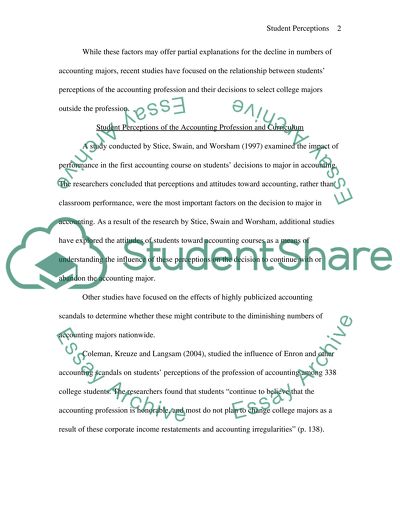Cite this document
(“Diminishing Numbers of Accounting Majors: Suggested Causes Essay”, n.d.)
Retrieved from https://studentshare.org/sociology/1527550-diminishing-numbers-of-accounting-majors-suggested-causes
Retrieved from https://studentshare.org/sociology/1527550-diminishing-numbers-of-accounting-majors-suggested-causes
(Diminishing Numbers of Accounting Majors: Suggested Causes Essay)
https://studentshare.org/sociology/1527550-diminishing-numbers-of-accounting-majors-suggested-causes.
https://studentshare.org/sociology/1527550-diminishing-numbers-of-accounting-majors-suggested-causes.
“Diminishing Numbers of Accounting Majors: Suggested Causes Essay”, n.d. https://studentshare.org/sociology/1527550-diminishing-numbers-of-accounting-majors-suggested-causes.


